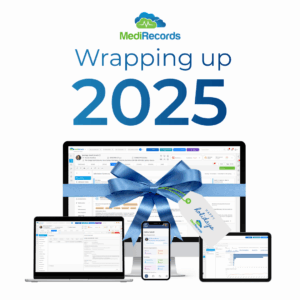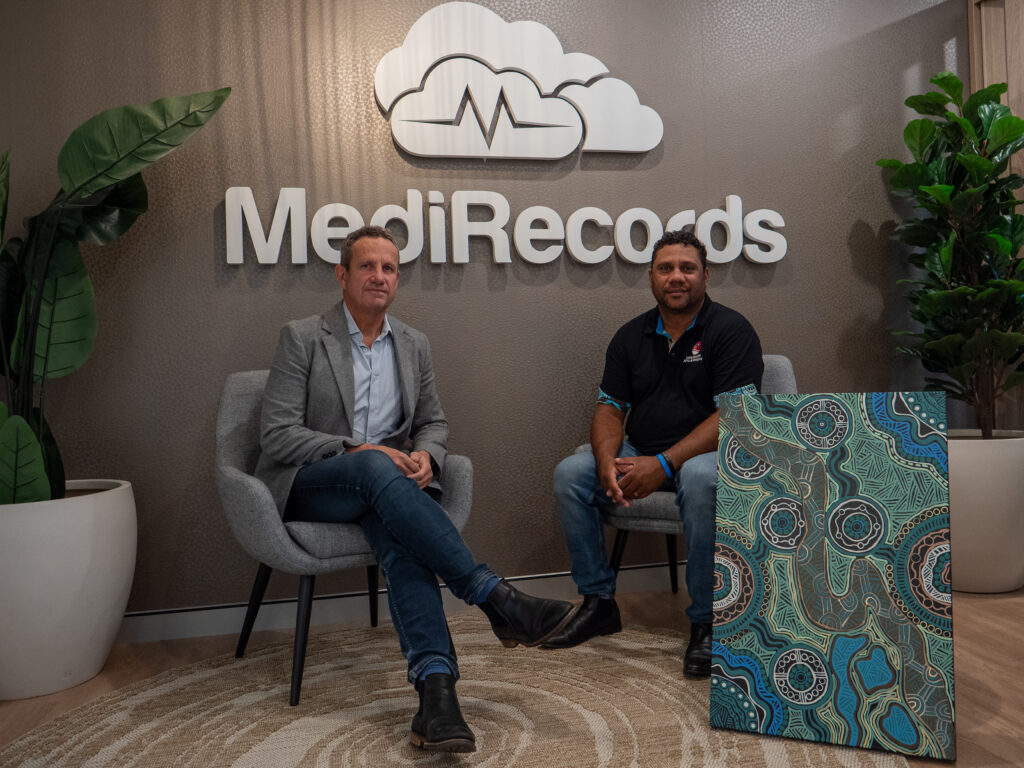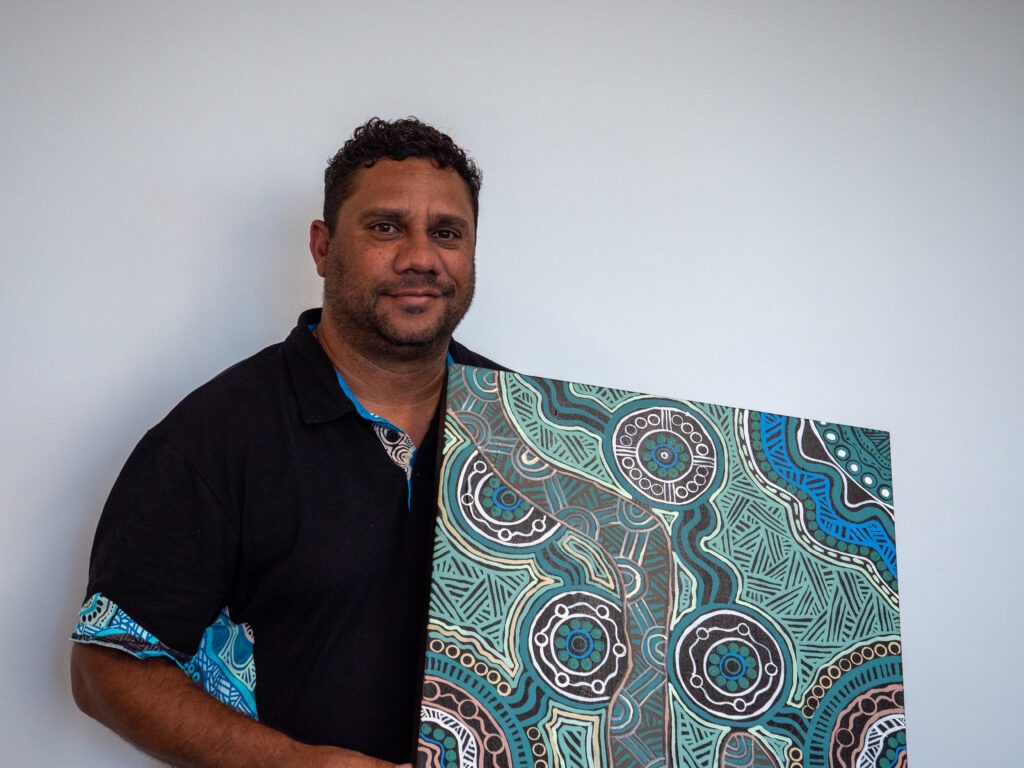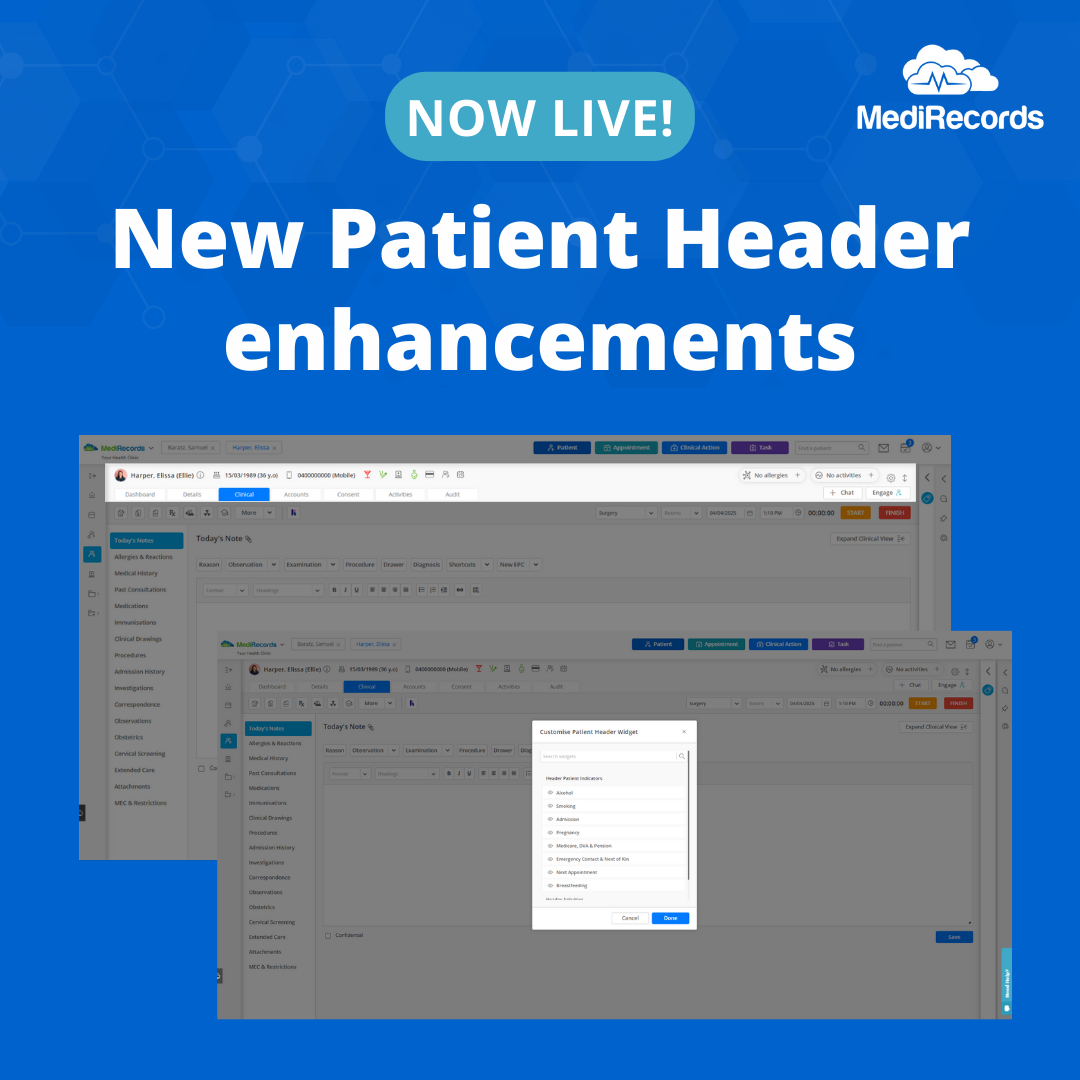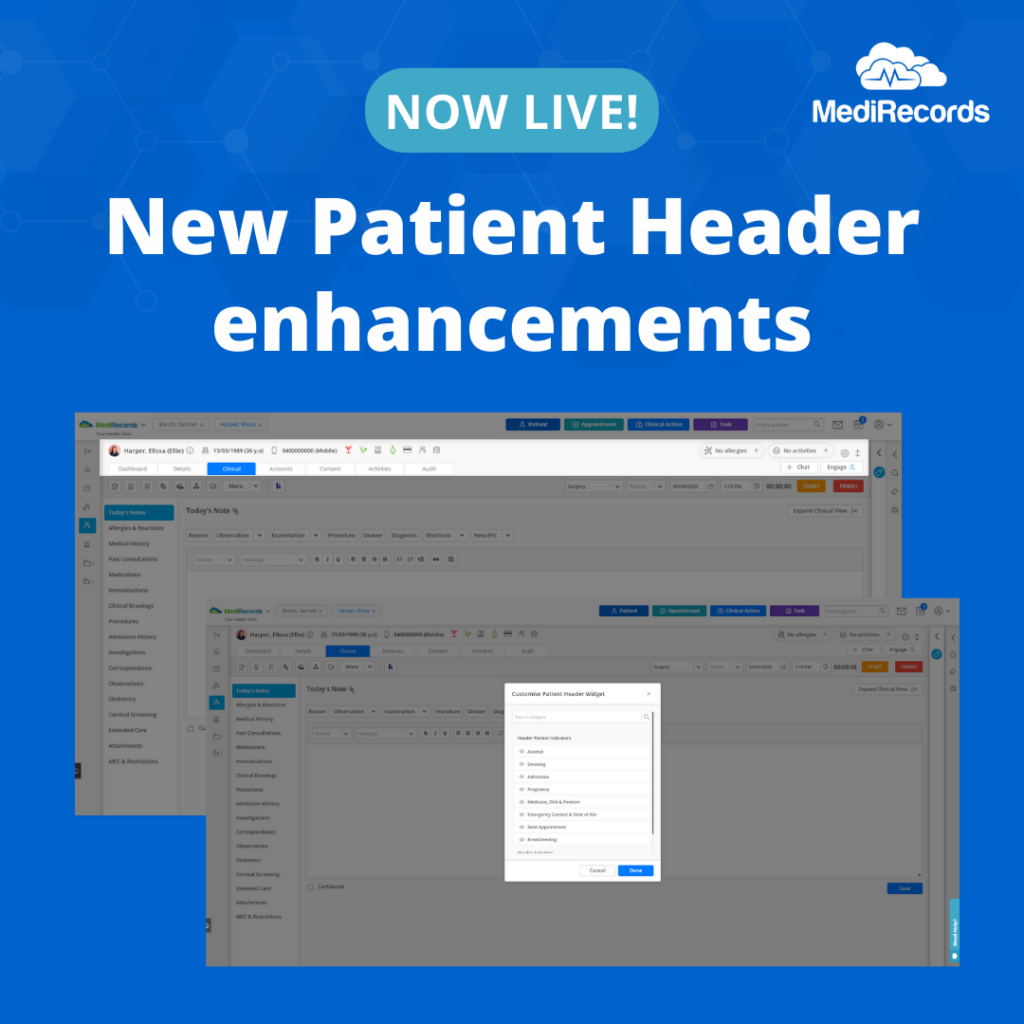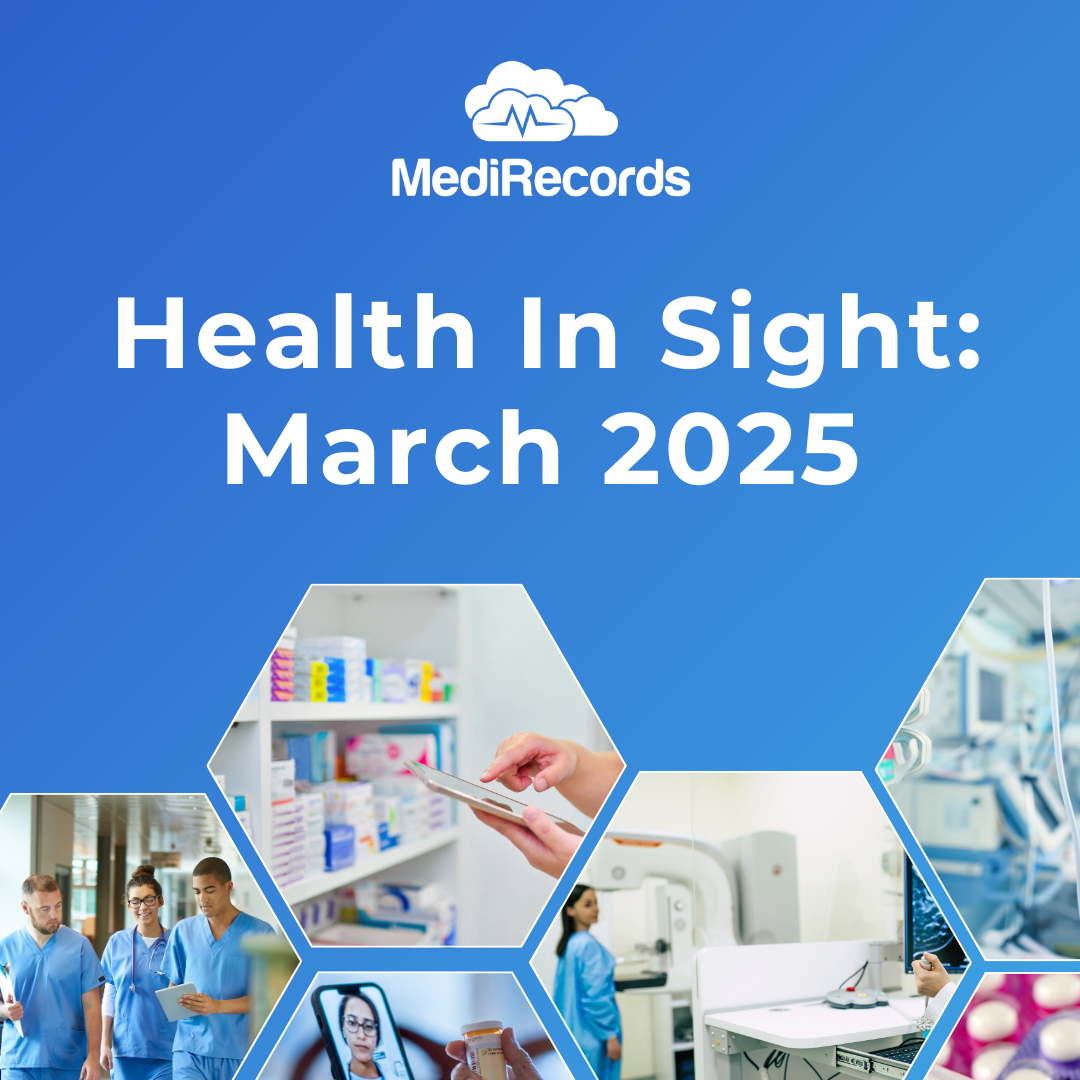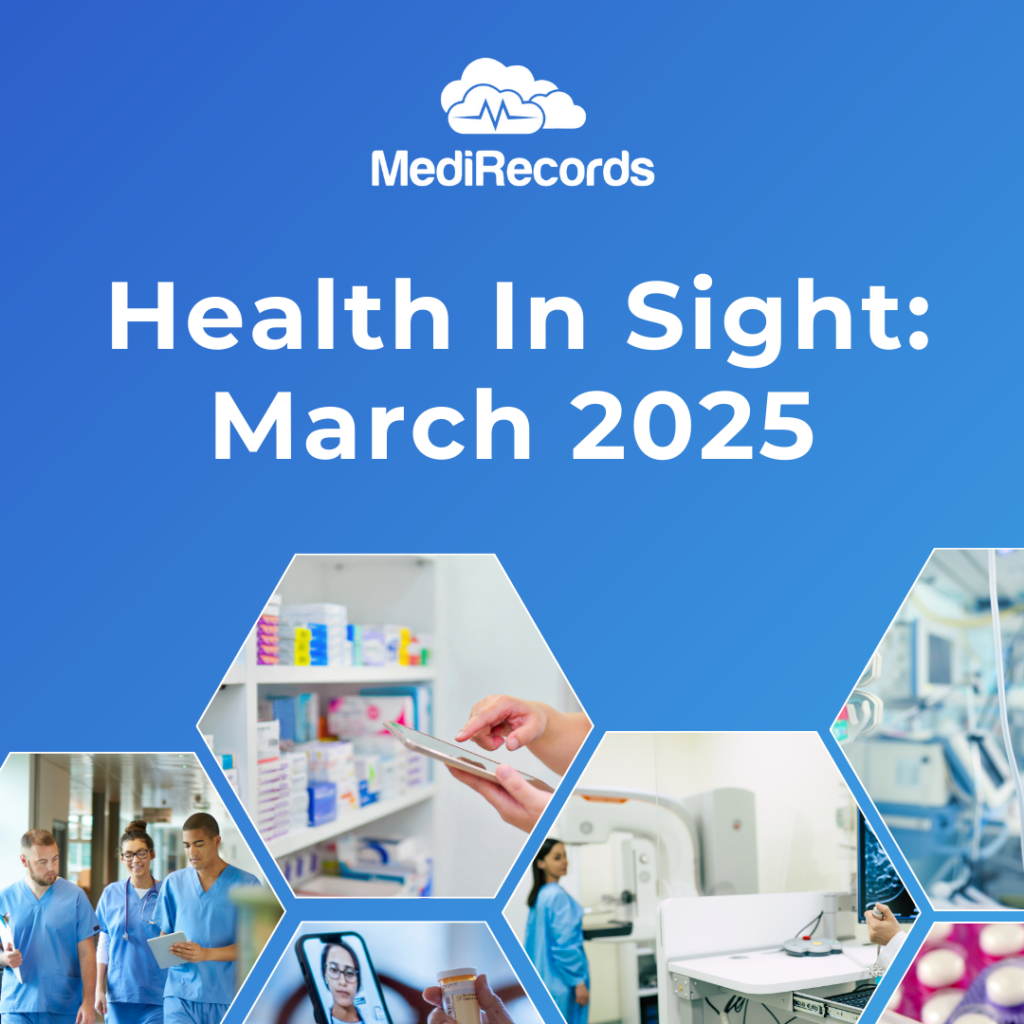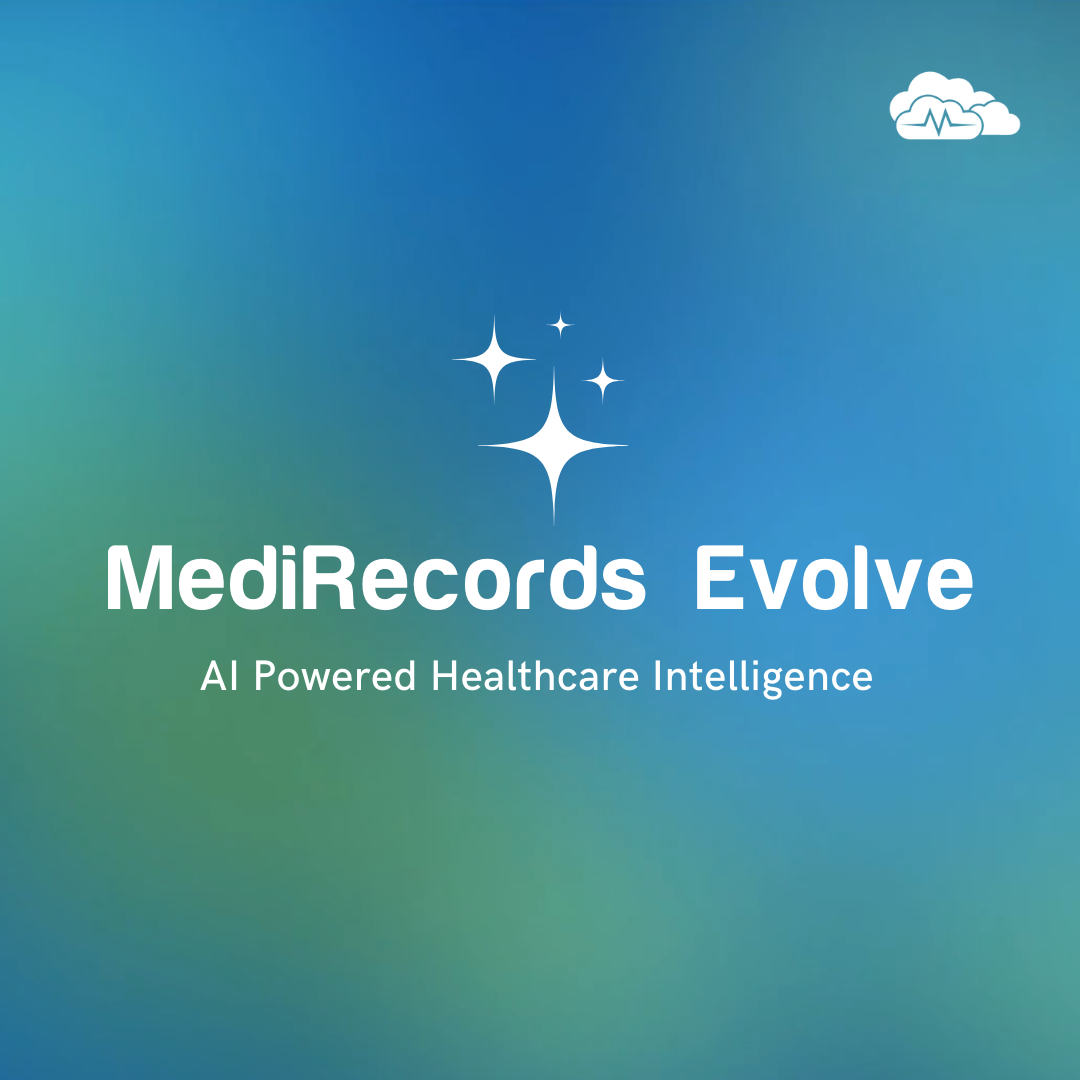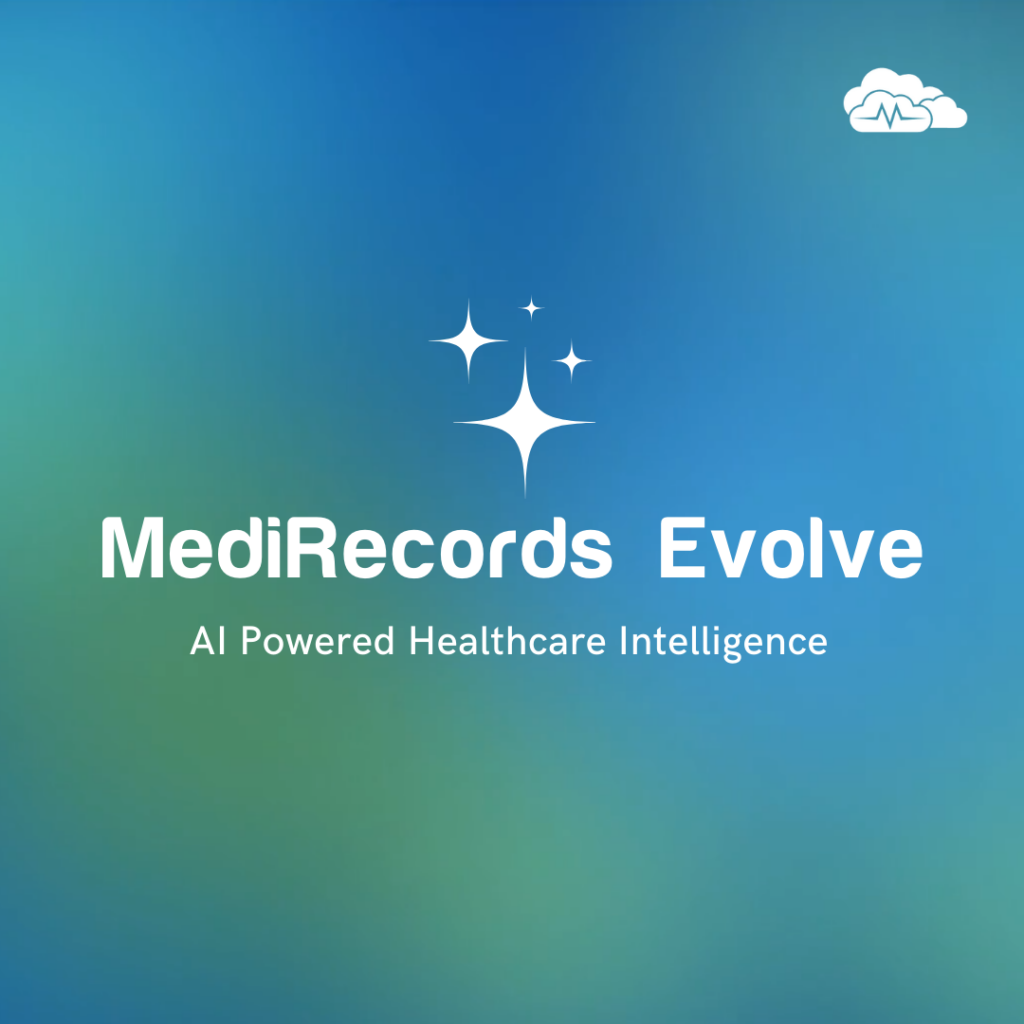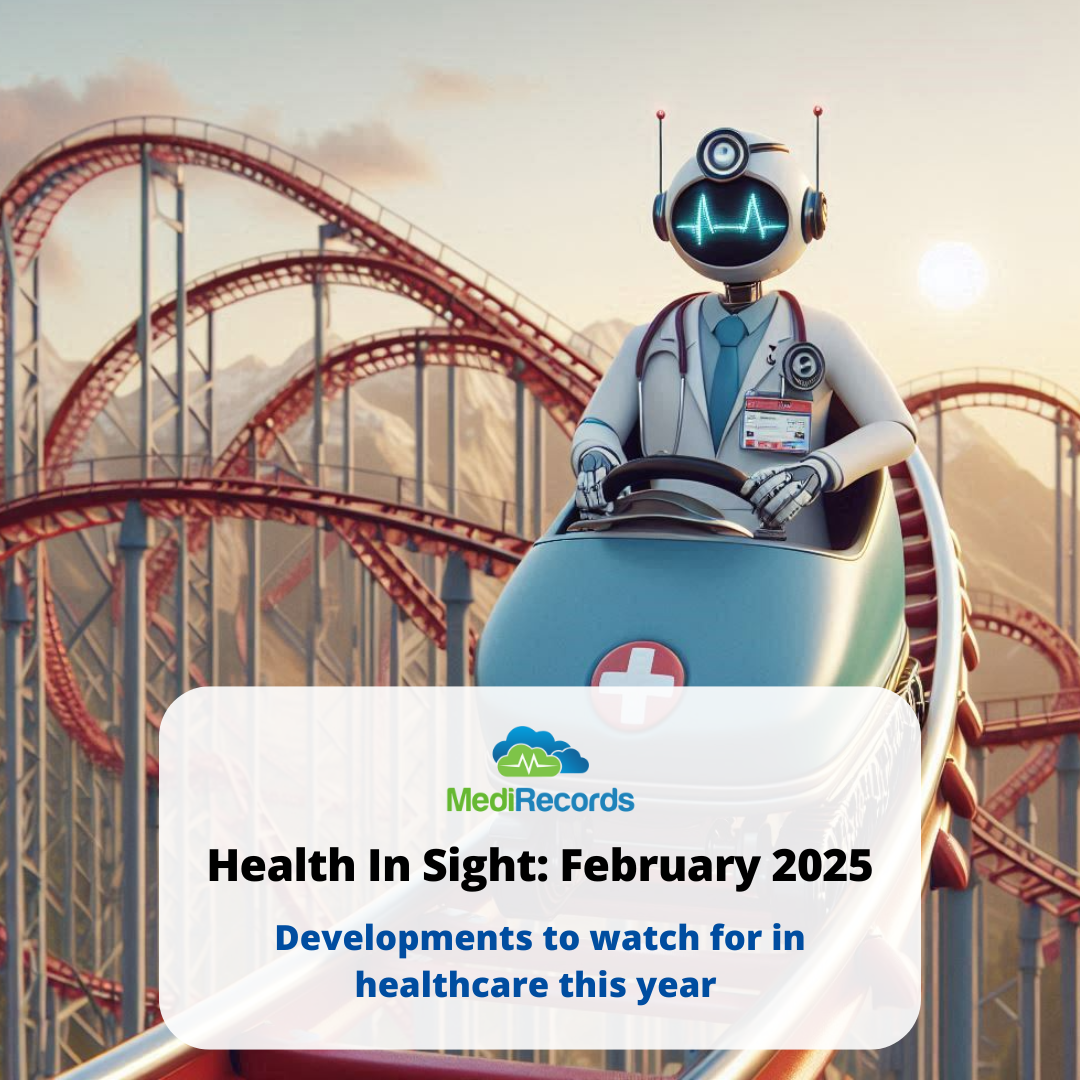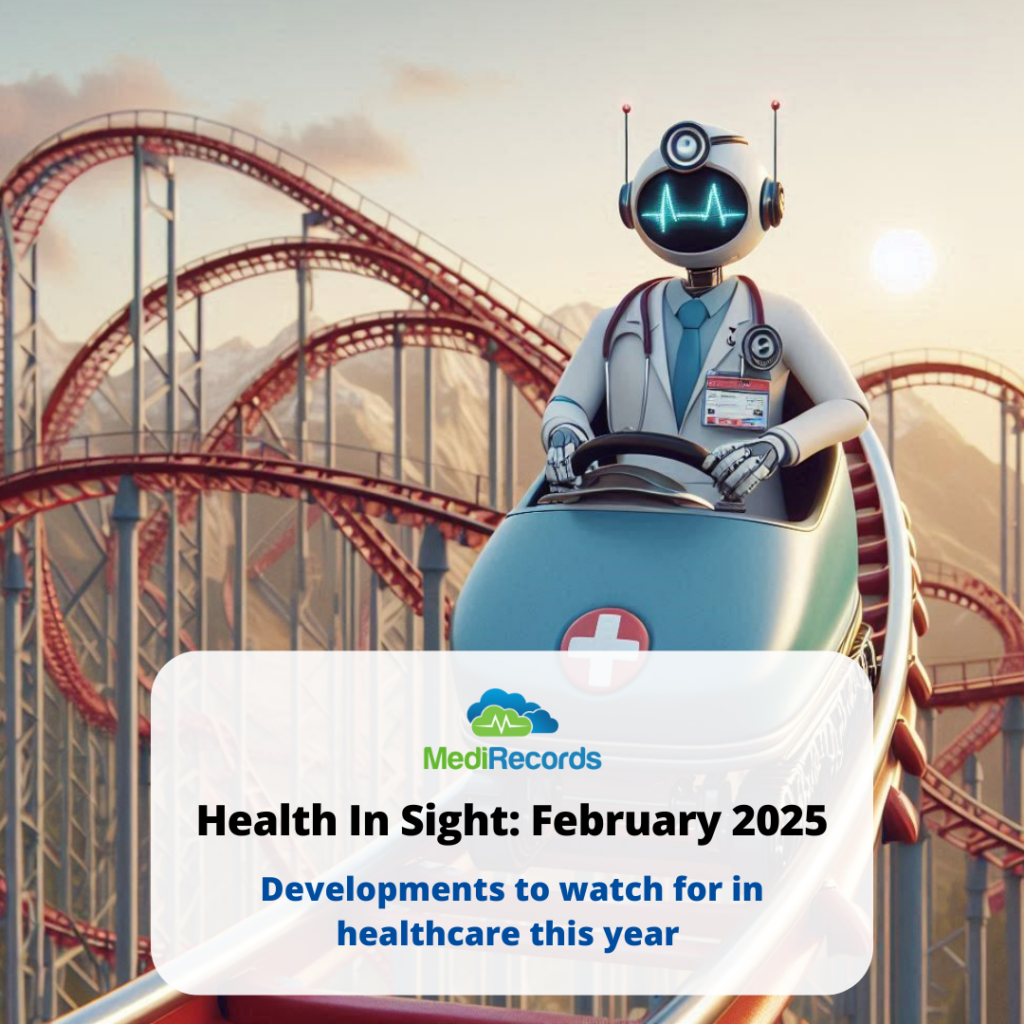July 10th 2025
What a difference the cloud makes - why GPs need to look up when seeking software

This article was originally published by The Medical Republic and can be viewed in its original format here.

Matthew Galetto - Founder and CEO of MediRecords
At the recent Wild Health Summit – Towards One Health System, MediRecords hosted a breakfast panel called, “What a Difference the Cloud Makes.” It was a chance to have a real conversation about where general practice IT is headed, and where it should be.
One of our panellists, Peter O’Halloran, Chief Digital Officer at the Australian Digital Health Agency, was asked a simple question:
“If you were setting up a general practice today, would you go cloud or on-premise?”
His answer was unequivocal. Cloud technology is essential.
The RACGP’s cloud guidance feels out of step
That’s why it’s a bit jarring to read the RACGP’s own guidelines on cloud computing, which still lean heavily towards on-premise systems and paint the cloud as risky.
From where we sit, as a healthcare cloud provider working with GPs every day, this doesn’t reflect reality.
The idea that practices are better off managing their own servers, software, patches, backups, and security just doesn’t stack up in 2025. Most clinics don’t have dedicated IT staff, and even if they do, securing on-prem systems to the same standard as cloud platforms is near impossible.
Cloud providers like MediRecords deliver:
- Continuous updates and security patches,
- Encryption by default (at rest and in transit),
- Secure, redundant backups,
- Access controls, audit logs, and role-based permissions,
- Always-on monitoring by specialised teams.
These aren’t “nice-to-haves”. They’re standard and they’re built in.
Cloud systems remove the need for older remote access tools like Citrix or RDP, making it easier for teams to connect and get work done. This simpler setup means faster performance, especially with tasks like printing, which are often slow or unreliable on Citrix and RDP due to delays and compatibility issues, with fewer security layers to manage.
Meanwhile, the government Is Moving Full Steam Ahead on Cloud
The disconnect is this: the Australian Government has made it clear that the future of digital health is cloud-first, secure, and interoperable. That’s not just a goal, it’s national policy. From the National Digital Health Strategy to ADHA’s recent messaging, it’s crystal clear.
When asked about security, Mr O’Halloran said cloud technology companies are best equipped to provide these protections.
Cyber-criminals are highly organised and sophisticated and well advanced of most Australian businesses, he said.
“You’ve got no hope of trying to keep up to date and keep ahead of the bad guys,” he said. “Putting (your data) in the cloud, if you do it a safe way, it doesn’t guarantee you’re safe, but it gives you a heck of lot more chance.”
He said the days of running server-based systems are over; “it’s simply not safe”.
What about costs?
Costs of switching to cloud technology can be largely offset by reductions in hardware and utility costs but Mr O’Halloran applied a different lens. “Quite frankly, in most cases, the cost of not (transitioning to the cloud) is far worse when something goes wrong.”
Dated advice
When we asked the RACGP to consider updating their guidance that cloud technology may introduce “increased potential for data breaches”, we were told they’re happy with the current version. That’s disappointing, not for us as a vendor, but for the GPs who rely on accurate, forward-looking advice from their peak body.
Time to call it like it is
The truth is, we’re well past the point where this should be up for debate. Cloud isn’t a risk, it’s the solution to the risks we’ve seen time and time again with outdated, localised infrastructure.
It’s safer. It’s more scalable. It is more user friendly for your workforce and supports better patient outcomes. And it’s what the rest of the health system is already moving towards.
We owe it to our clinicians, and our patients, to move the conversation forward.
About the author:
Matt Galetto is the founder and CEO of MediRecords, Australia’s first true cloud practice management system and electronic health record. Matt has extensive experience in data analytics, healthcare, banking and hospitality technology.
This article was written by MediRecords CEO & Founder Matthew Galetto, and originally published by The Medical Republic. The original article can be viewed here.



